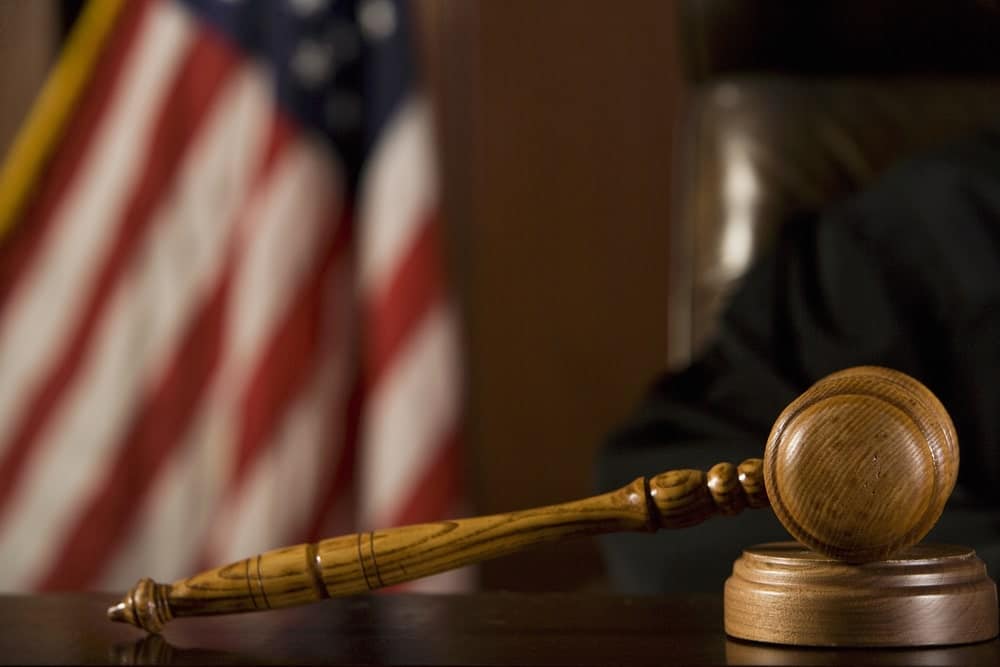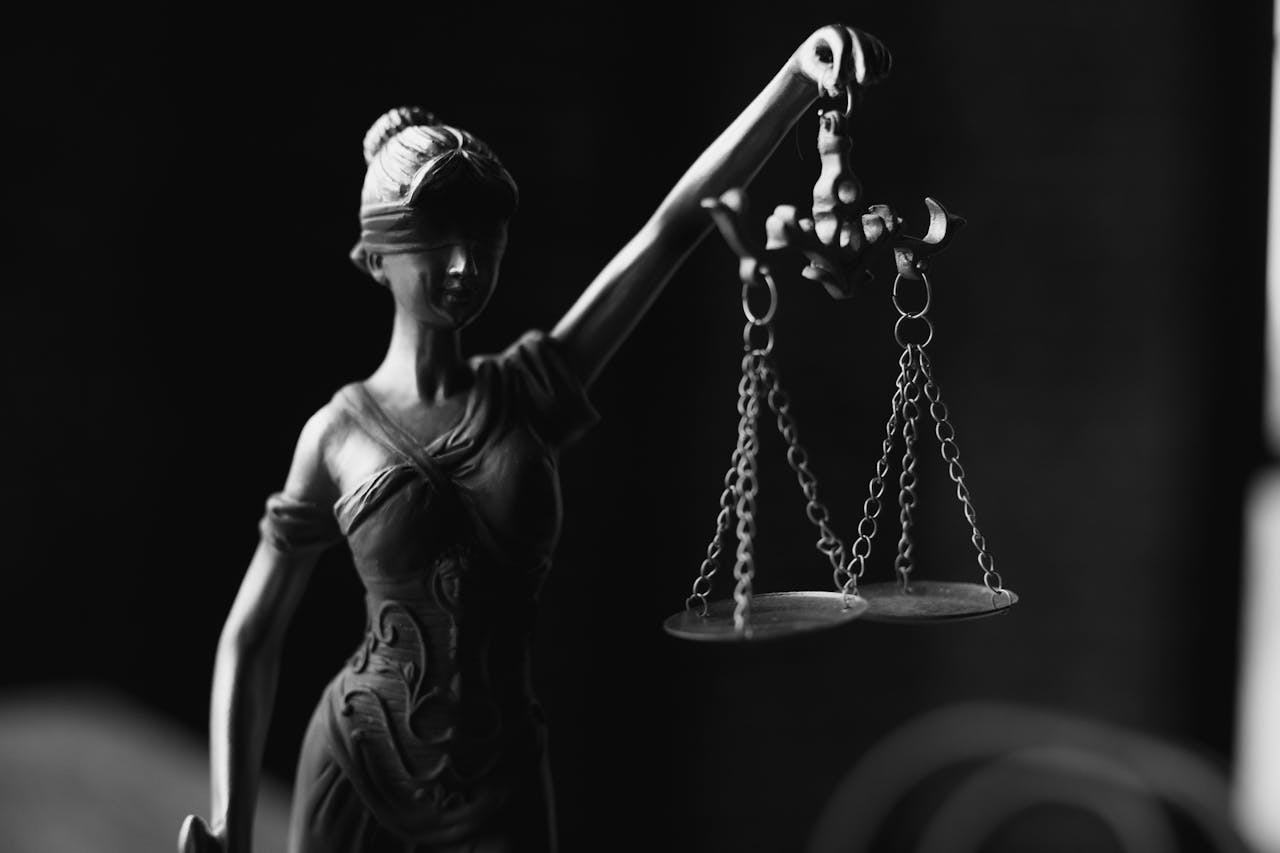Imagine being suddenly placed under arrest after a heated argument at home, unsure what will happen next. Domestic violence arrests in Ponte Vedra Beach can turn an ordinary day into a stressful legal battle within minutes. These cases fall under Florida law but are handled locally by the St. Johns County Sheriff’s Office and the county court system.
Under Florida Statute § 741.28, domestic violence includes assault, battery, stalking, or any act that causes physical injury between family or household members. Once an arrest occurs, the process can move quickly through booking, court hearings, and pretrial conditions. Each stage can deeply affect your reputation, freedom, and future.
This article explains what happens after an arrest so you can understand your rights and next steps. It outlines the role of law enforcement, no-contact orders, and court procedures. You will also learn how an experienced Ponte Vedra Beach violent crimes lawyer can guide you through the process and help protect your legal interests.

When Police Make a Domestic Violence Arrest
When police respond to a domestic disturbance in Ponte Vedra Beach, they must quickly determine if a crime occurred. Officers can make an arrest without a warrant if there is probable cause that domestic violence took place under Florida Statute § 901.15(7). These decisions happen fast, but they carry serious consequences for everyone involved.
Establishing Probable Cause
Probable cause depends on the evidence officers find at the scene. The decision to arrest does not require the alleged victim’s consent, as safety remains the top priority. Officers identify the primary aggressor and avoid arresting both parties whenever possible. Physical evidence, visible injuries, and witness statements all play a key role in supporting probable cause.
On-Scene Procedures
Deputies separate those involved to prevent further conflict and collect statements from everyone present. They photograph injuries, damaged property, and other signs of violence to preserve evidence. Officers also review 911 recordings, verify existing protective orders, and transport the accused to the St. Johns County Jail for processing.

After Arrest — Booking and Judicial Review
Once a domestic violence arrest occurs, the process quickly moves from booking to judicial oversight to ensure legality and victim protection.
Booking and Probable-Cause Documentation
At jail intake, officers record fingerprints, photographs, and identification details.
- A probable-cause affidavit or report is then prepared for a judge’s review, outlining the facts that justified the arrest.
- Release cannot occur until a judicial officer confirms lawful detention based on this documentation.
- Judicial review must happen as soon as reasonably possible, though timing varies by caseload and court schedule.
Victim Notification Requirements
Florida law requires police to keep victims informed at every stage.
- Law enforcement must provide written notice of legal rights and available remedies.
- Victims receive details on medical care, shelter access, and restraining order procedures.
- The notice also lists victim-assistance and crisis-center contacts in St. Johns County for immediate support.

First Appearance and No-Contact Orders
After a domestic violence arrest in Ponte Vedra Beach, the accused must appear before a judge within a short time. This first appearance determines whether the arrest was supported by probable cause and if release is possible. The hearing sets the tone for what follows, including bond, supervision, and protective conditions.
Judicial Review and Bond Hearing
During this stage, the judge reviews the arrest affidavit and evaluates the facts presented. Prior criminal history, potential risk to the alleged victim, and the seriousness of the charge all influence bond decisions. A lawyer can argue for fair bond terms and ensure conditions respect both safety and due process.
Pretrial No-Contact Order
Courts commonly issue a no-contact condition of release. This order bans any direct or indirect communication with the alleged victim, including calls, texts, or messages sent through others. Violating these terms can lead to immediate re-arrest and additional criminal penalties under Florida law.
Common Charges and Penalties
Domestic violence arrests can lead to misdemeanor or felony charges, depending on the facts of the case. Prosecutors review evidence, witness statements, and prior records before deciding how to proceed. Understanding these distinctions helps defendants know what penalties may apply and how serious the charges can become.
Offense Categories
Misdemeanor domestic battery often involves unwanted touching or striking that causes only minor injury. Felony charges arise when the case includes strangulation, serious bodily harm, or the use of a weapon. Prosecutors determine the severity of charges after reviewing available evidence and any prior domestic violence convictions.
Legal Consequences
Conviction can bring jail time, probation, counseling, or mandatory community service. A minimum jail term for certain domestic-violence offenses. Those found guilty may also lose firearm rights and face long-term consequences affecting jobs, housing, and professional licensing.
Evidence Considered by the Court
Domestic violence cases rely heavily on documented and testimonial evidence. Courts examine all materials to determine credibility, intent, and whether the state has met its burden of proof.
Prosecution Evidence
The state builds its case primarily on contemporaneous records and witness accounts.
- 911 recordings, officer reports, photographs, and witness statements often provide the foundation of the prosecution’s case.
- Medical records and prior police calls add context and can strengthen allegations.
- Importantly, a case may proceed even if the alleged victim declines to testify, as prosecutors can rely on other admissible evidence.
Defense Strategies
Defense attorneys focus on credibility, context, and procedural fairness.
- They may challenge inconsistencies, question the presence of injury, or present evidence of self-defense.
- Collecting texts, surveillance video, or third-party witness accounts early helps preserve exculpatory material.
- Skilled counsel ensures that constitutional rights and due process protections are upheld throughout proceedings.

Life After Release and Next Steps
Life after a domestic violence arrest requires strict attention to court orders and legal guidance. Following every condition of release protects your freedom and shows the court you take the process seriously. With the help of skilled Florida domestic violence lawyers, defendants can move forward responsibly while preparing for the next legal steps.
Compliance with Court Conditions
Defendants must follow all release terms, attend counseling, and avoid any contact prohibited by the court. Violating these conditions can result in new charges or the loss of bond privileges. Keeping careful records of compliance demonstrates accountability and may help during future hearings or negotiations.
Continuing Legal Support
A criminal defense attorney in Ponte Vedra Beach can request changes to contact restrictions, negotiate plea agreements, or prepare for trial. Victims can also request protective injunctions through the St. Johns County Courthouse for continued safety. Regular communication with legal counsel helps prevent mistakes, ensures full compliance, and supports a smoother case resolution.
Conclusion
Domestic violence arrests in Ponte Vedra Beach follow Florida’s statewide procedures but are handled locally by the St. Johns County Sheriff’s Office and county courts. Each step, from the initial arrest to court hearings, is designed to ensure safety while protecting legal rights. Understanding this process helps defendants and families prepare for what lies ahead with greater confidence.
From probable-cause determinations to no-contact orders and pretrial supervision, every stage moves quickly and can affect long-term outcomes. Working with experienced lawyers provides essential guidance through complex legal requirements. With skilled representation, defendants can protect their rights, comply with court orders, and work toward the best possible resolution.
At Malcolm Anthony, P.A., we understand how serious a domestic violence arrest can be. The stress, confusion, and fear that follow often make it hard to know what to do next. Our experienced domestic violence lawyers in Ponte Vedra, FL, are here to protect your rights and guide you through every step. Contact us at (904) 285-4529 today to schedule a free strategy review with a trusted domestic violence defense lawyer.

